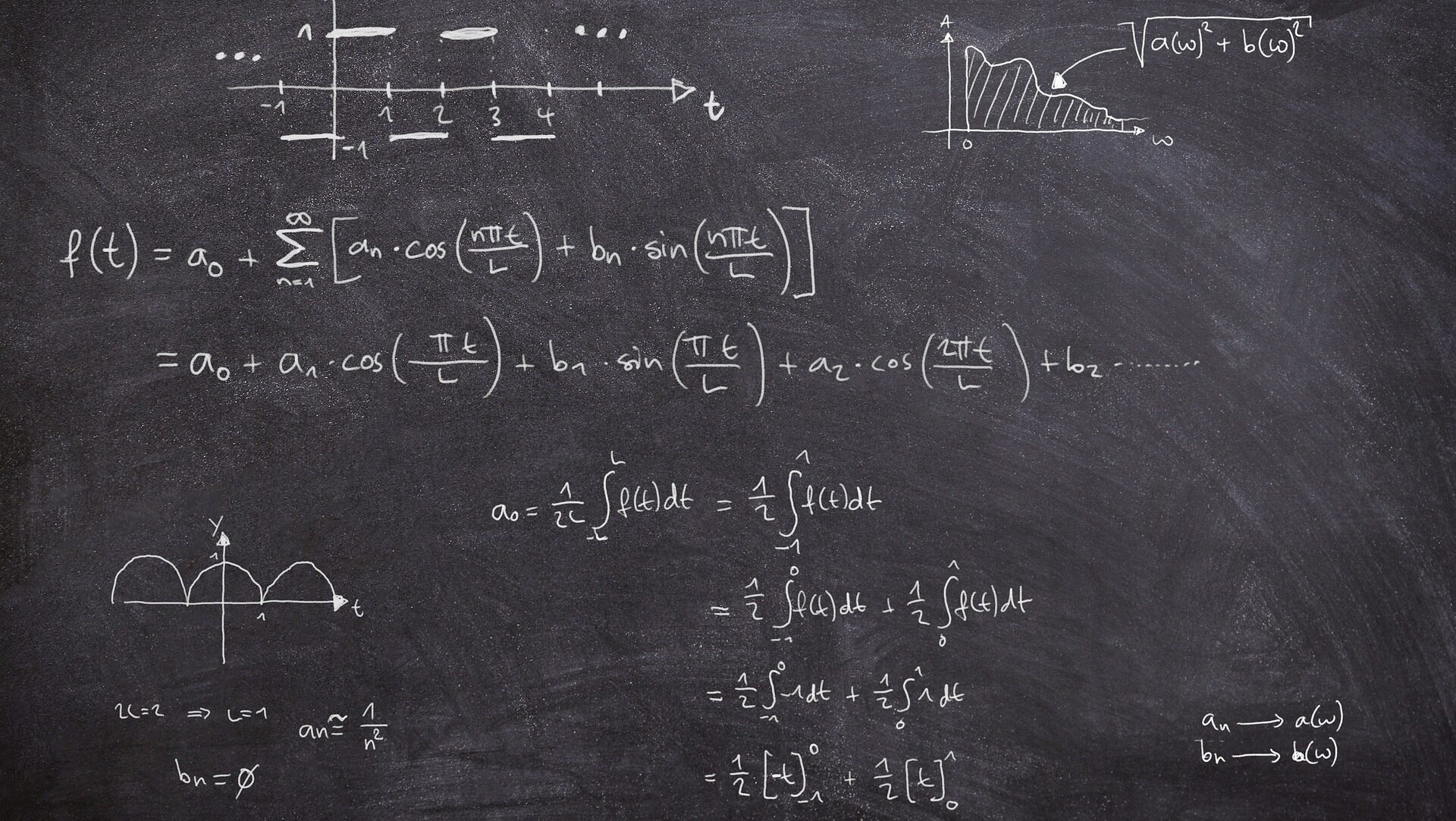We ❤️ Open Source
A community education resource
What is Artificial Intelligence (AI) and the three things it does well
AI is everywhere, but how does AI actually work behind the scenes?

AI is everywhere, but what is it really? To put it simply, AI is just math, data, and patterns. That’s it.
At its core, AI recognizes patterns and makes predictions based on what it has seen before.
Think about how often you use AI without even realizing it:
- Ever typed something wrong and had auto-correct fix it? That’s AI predicting what you meant to type.
- Got a Spotify playlist that somehow never plays 💩 songs? That’s AI tracking what you skip, replay and like to predict your vibe.
- Ever had your bank freeze your card after a weird transaction? That’s AI detecting fraud by spotting unusual spending patterns and yeah, sometimes it’s a little too cautious.
How does AI actually work behind the scenes?
The easiest way to think about it is to remember that AI doesn’t “think” like us, it just does three things really well:
Observe → AI finds patterns
- Face ID observes your face from multiple angles. It’s not just taking a photo, it projects tiny infrared dots, maps your face, and turns it into a unique model. So when you unlock your phone, AI observes your current scan and compares it to stored data.
- Gmail observes email patterns to filter spam by analyzing billions of messages to learn what junk mail looks like.
Predict → AI makes educated guesses based on those patterns
- LinkedIn predicts jobs you might apply for based on your profile, search history, and what similar users have applied to.
- Amazon predicts what you might buy next by analyzing what people with similar shopping habits have purchased.
Adapt → AI adjusts its response based on what it has “learned”
- Your phone’s camera adapts to lighting conditions before & after taking a photo, adjusting brightness & sharpness, based on what it has learned from millions of past images.
- Your keyboard’s auto-correct adapts to the way you type, learning your most common typos and adjusting its suggestions over time.
So whether it’s Face ID unlocking your phone, LinkedIn predicting jobs, or auto-correct fixing your typos, AI is constantly learning by observing patterns, making predictions, and adapting.
How does AI actually learn?
This is where Machine Learning (ML) comes in.
ML allows AI to learn from examples instead of being explicitly programmed.
For example, instead of programming AI with exact rules for “What is a cat?” We show it thousands of cat pictures, and it learns patterns on its own.
Then there’s Deep Learning, a subset of ML that mimics the human brain to recognize even more complex patterns.
More on ML and deep learning in a subsequent article.
🤖 Ctrl + AI + Del — Resetting the way we think about AI
More from We Love Open Source
- How AI will change frontend development in 2025
- The best programming languages to learn first
- Why AI won’t replace developers
- What is OpenTelemetry?
This article is adapted from “What Is Artificial Intelligence (AI)?” by Ebony Louis, and is republished with permission from the author.
The opinions expressed on this website are those of each author, not of the author's employer or All Things Open/We Love Open Source.
